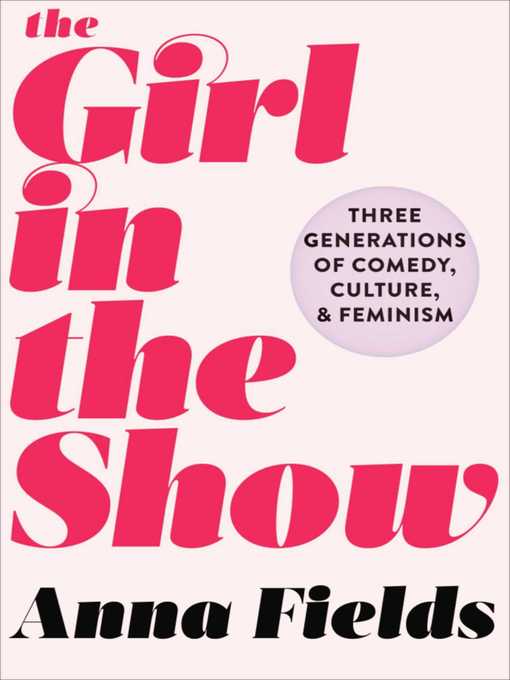
The Girl in the Show
Three Generations of Comedy, Culture, and Feminism
کتاب های مرتبط
- اطلاعات
- نقد و بررسی
- دیدگاه کاربران
نقد و بررسی

June 15, 2017
The struggle to do stand-up comedy while female.Journalist, producer, and documentarian Fields (Confessions of a Rebel Debutante, 2010) interviewed dozens of female comedians--or what she calls "comedienne-ballerinas," a term Phyllis Diller coined in 1986--to create this informative, timely, occasionally pedantic work about feminism and women in comedy. Charlie Chaplin famously said, "all you need to make a movie is a park, a policeman, and a pretty girl," underscoring the age-old notion that women performers could be pretty but not funny. Indeed, women in Vaudeville burlesque would usually be depicted by men in drag. However, generations of American women since Lucille Ball and Elaine May have exploded that notion (the author sticks to American comedy), and Fields doggedly pursues these pioneers, from the crucial early influences (Moms Mabley, Sophie Tucker, Diller, and Ball, among others) to the lively current crop of active female comedians--Amy Schumer, Mindy Kaling, and others. What drives these women to expose themselves to ridicule by men, especially, or to endure the "two a night" rule (only two women comics onstage per night)? One primary reason is to support a family, as Diller had to do when her husband was out of work and she had six children to raise. Fields focuses on certain elements of stand-up comedy, as embraced by women--e.g., how to talk "blue" (about sex) and about "women's issues" like abortion and menstruation that make men "queasy." Should women comics pander to sexist stereotypes or challenge them? Ball was the first to use the experience of women's everyday life to fill her shows as well as demonstrate the strong bond (rather than rivalry) between women friends (Lucy and Ethel); this dynamic would be replicated to enormous success in TV shows from Maude to Saturday Night Live. Despite some preachy passages about feminism, Fields provides a useful history and handbook for aspiring comics. A solid but not groundbreaking chronicle of women's long, excruciating fights for laughs.
COPYRIGHT(2017) Kirkus Reviews, ALL RIGHTS RESERVED.

August 1, 2017
Fields examines women in comedy through the lens of American feminist history in this insightful work, which mixes thoughtful examinations of the careers of legends like Lucille Ball, Gilda Radner, Phyllis Diller, and Moms Mabley with interviews and perspectives of female comedians working in the field today, including Mo Collins, Molly Shannon, Abbi Jacobson, and several up-and-comers. Referring to her subjects as comedienne-ballerinas (a nod to a term Diller coined that was used on Radner's tombstone), Fields details the way the early pioneers took on the patriarchy, whether it was Diller contending with her abusive first husband or Ball wielding power behind the scenes of her hit show. Fields outlines some of the challenges comedienne-ballerinas face today, from deciding whether to include raunchy subject matter in their stand-up acts to navigating the boys' club in television writing rooms at places like SNL, where men often subversively undercut women rather than openly challenge. A piercing, smart, and essential read for students and fans of comedy.(Reprinted with permission of Booklist, copyright 2017, American Library Association.)

























دیدگاه کاربران